Conclavoscope - Cardinal Gerhard Ludwig Müller
Cardinal Profile and Assessment

German cardinal, former prefect of the Congregation for the Doctrine of the Faith, known for his very conservative positions and vigorous defense of traditional doctrine.
| Criterion | Tendency |
|---|---|
| Moral doctrine | Very conservative |
| Liturgy | Conservative |
| Sociopolitical | Conservative |
| Relationship with Pope Francis | Conservative |
| Dialogue | Conservative |
| Communication | Conservative |
| Overall tendency | Conservative |
Born on December 31, 1947, in Finthen, near Mainz (Germany), Gerhard Ludwig Müller was ordained a priest in 1978. He earned a doctorate in theology under the direction of Cardinal Karl Lehmann, with a thesis on Dietrich Bonhoeffer. In 1986, he became professor of dogmatic theology at Ludwig-Maximilian University in Munich. (Gerhard Ludwig Müller - Wikipedia, Gerhard Ludwig Müller, Liberation Theology Interview with Archbishop Gerhard Ludwig Müller)
Appointed Bishop of Regensburg in 2002 by John Paul II, he distinguished himself through his proximity to Joseph Ratzinger, the future Benedict XVI, who entrusted him with the German edition of his complete works.
In 2012, Benedict XVI appointed him Prefect of the Congregation for the Doctrine of the Faith, a position he held until 2017. He was created a cardinal by Pope Francis in 2014. (Cardinal Gerhard Müller: le pape au COE, un bon signe pour l'œcuménisme ..., Gerhard Ludwig Müller Biography - Pantheon World)
Since the end of his mandate as head of the Congregation for the Doctrine of the Faith, Cardinal Müller has become one of the main figures of the conservative current within the Catholic Church. He regularly criticizes certain orientations of Pope Francis's pontificate, particularly regarding doctrine and sacramental discipline. (Cardinal Gerhard Müller: le pape au COE, un bon signe pour l'œcuménisme ..., Gerhard Ludwig Müller)
Cardinal Müller is identified as a representative of the conservative current. He insists on fidelity to the traditional doctrine of the Church and expresses reservations about certain recent pastoral developments, particularly regarding sexual morality and sacramental discipline.
Although appointed cardinal by Francis, he is close to conservative circles, particularly in Europe and North America. However, the majority of cardinal electors having been created by Francis, his direct influence within the electoral college is limited. (Cardinal Müller: Church risks split if it elects a liberal pope)
Cardinal Müller is a staunch defender of traditional Catholic moral teachings. He has vehemently opposed the blessing of same-sex couples, labeling it as 'blasphemy' and contrary to Church doctrine. He also criticizes any attempts to alter the Church's teachings on sexuality, marriage, and family.
Müller has expressed strong support for traditional liturgical practices. He criticized the restrictions on the Traditional Latin Mass imposed by 'Traditionis Custodes', describing them as lacking empathy for those attached to the old rite and suggesting that the measures aim to suppress the traditional liturgy.
While not primarily focused on sociopolitical issues, Müller has engaged in public discourse on topics like the Church's relationship with communism and the importance of moral strength in Europe. He emphasizes the need for the Church to uphold its teachings in the face of secular ideologies.
Cardinal Müller has been a vocal critic of Pope Francis's reforms, particularly regarding the blessing of same-sex couples and the approach to interfaith relations. He warns that electing another liberal pope could risk a schism in the Church and emphasizes the need for an orthodox leader.
While Müller supports dialogue with other religions, he cautions against any form of relativism. He has criticized Pope Francis's emphasis on interfaith brotherhood, arguing that it should not compromise the uniqueness of the Catholic faith.
Müller is known for his direct and uncompromising communication style. He openly criticizes what he perceives as deviations from Church doctrine, regardless of potential controversy, and emphasizes the importance of truth over popularity.
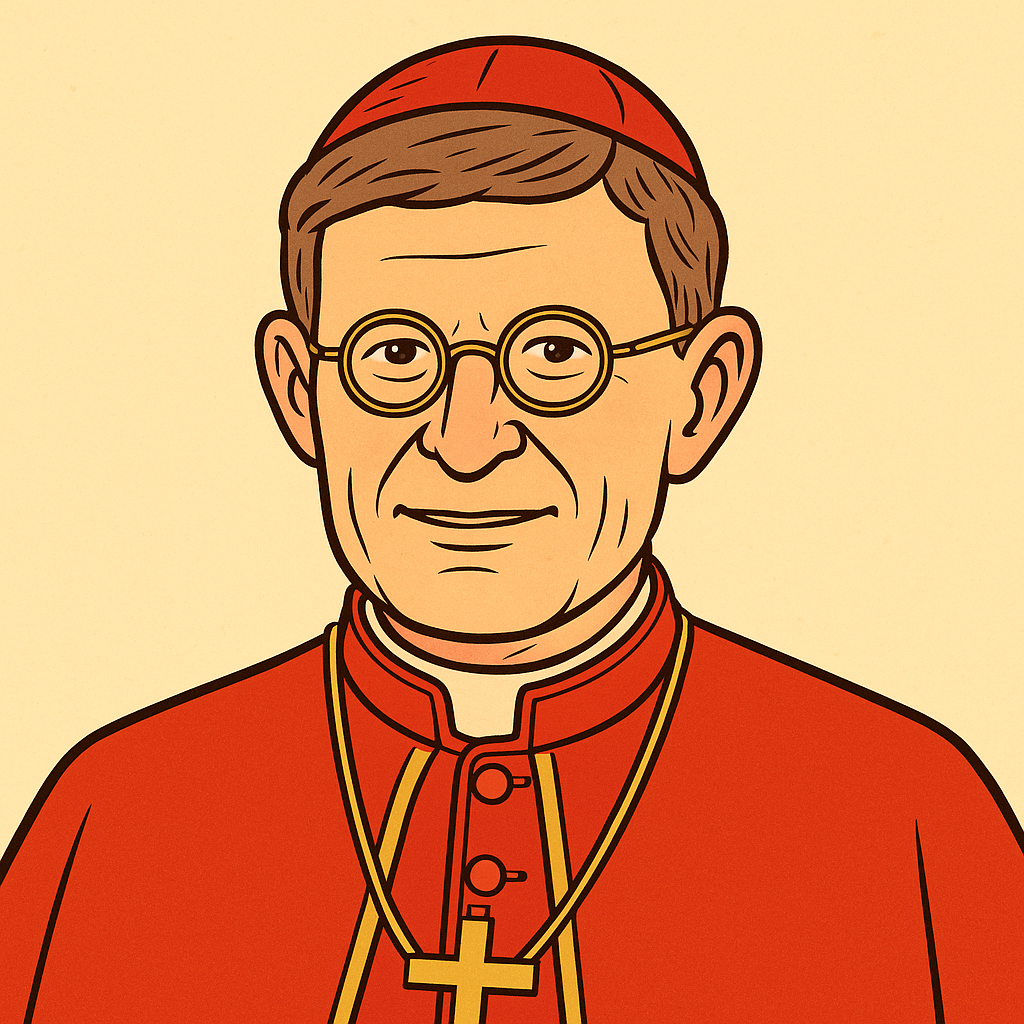
German cardinal, Archbishop of Cologne, known for his conservative positions and controversial leadership, particularly in handling sexual abuse and his opposition to certain reforms.
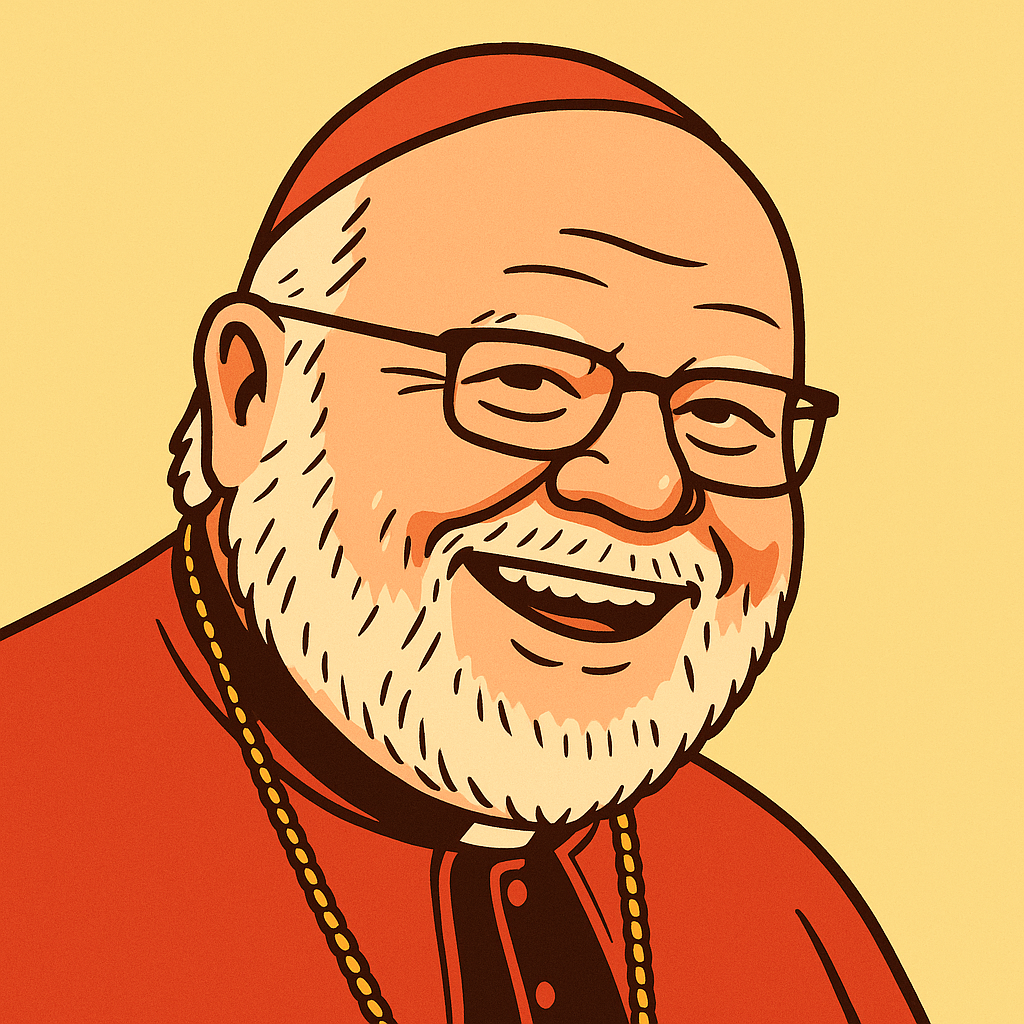
German cardinal, Archbishop of Munich and Freising, known for his progressive positions and influential role in Church reform, particularly during the German synodal path and on economic issues.
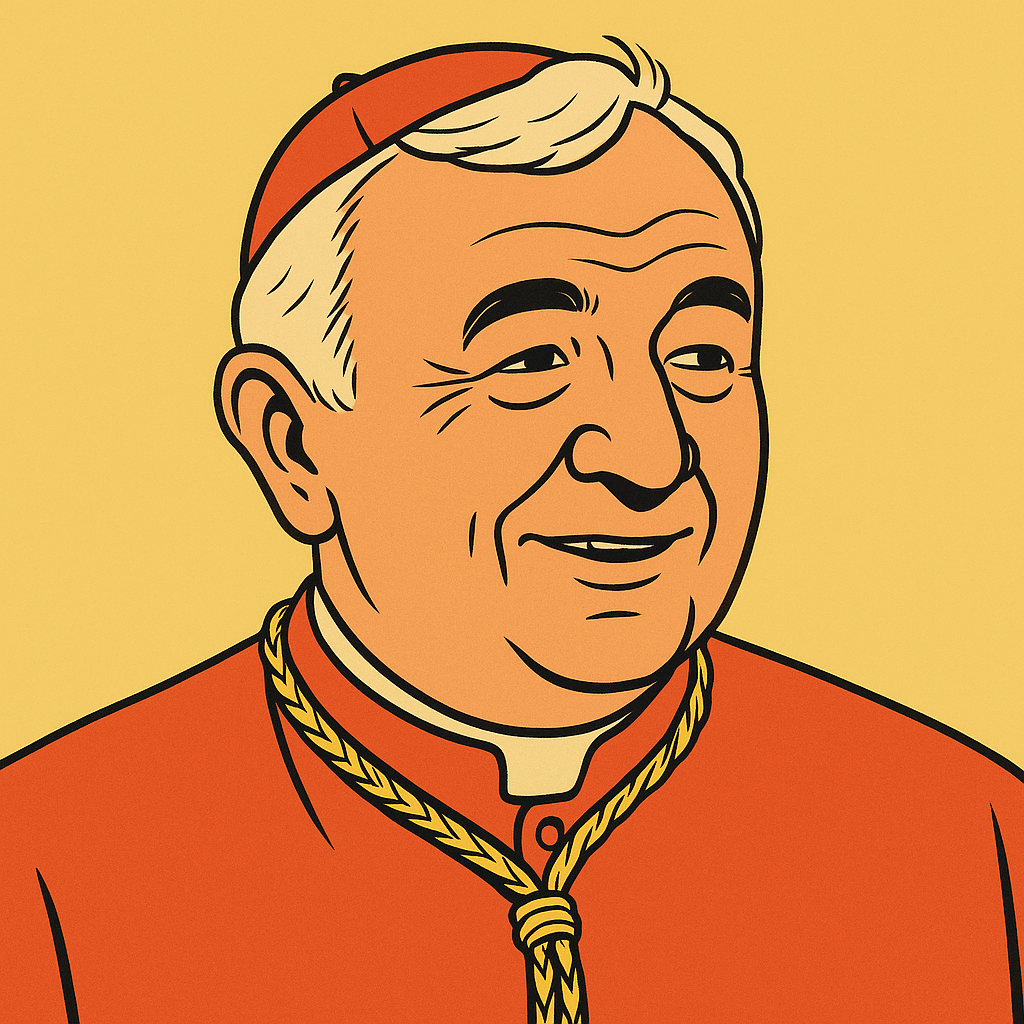
United Kingdom
British cardinal, Archbishop of Westminster, known for his conservative positions on moral issues, while being committed to defending migrants and fighting human trafficking.
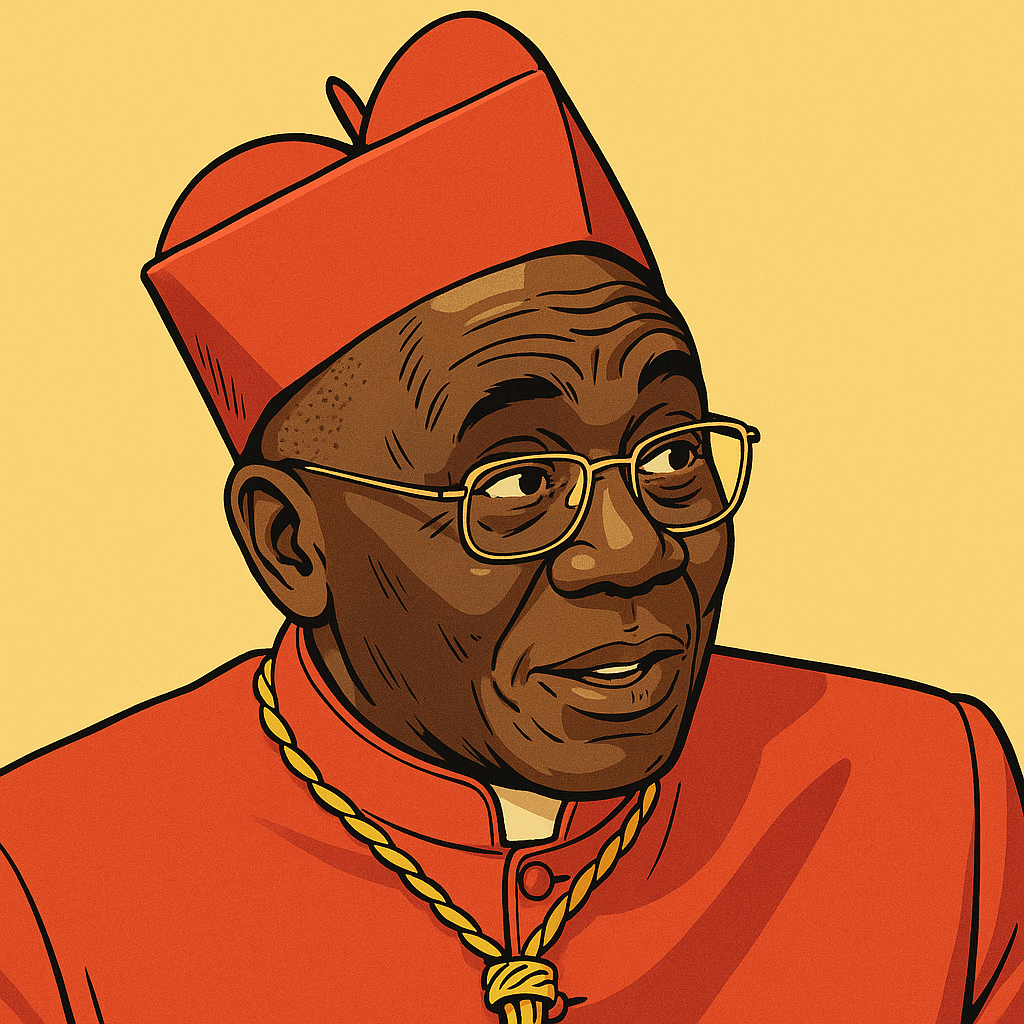
Ivory Coast
Ivorian cardinal, Archbishop of Abidjan, known for his doctrinal fidelity and conservative positions, while working for social peace and unity in his country.

Burkina Faso
Burkinabe cardinal, Archbishop of Ouagadougou, known for his leadership in the African Church, combining fidelity to doctrine and commitment to development in a context of political instability.
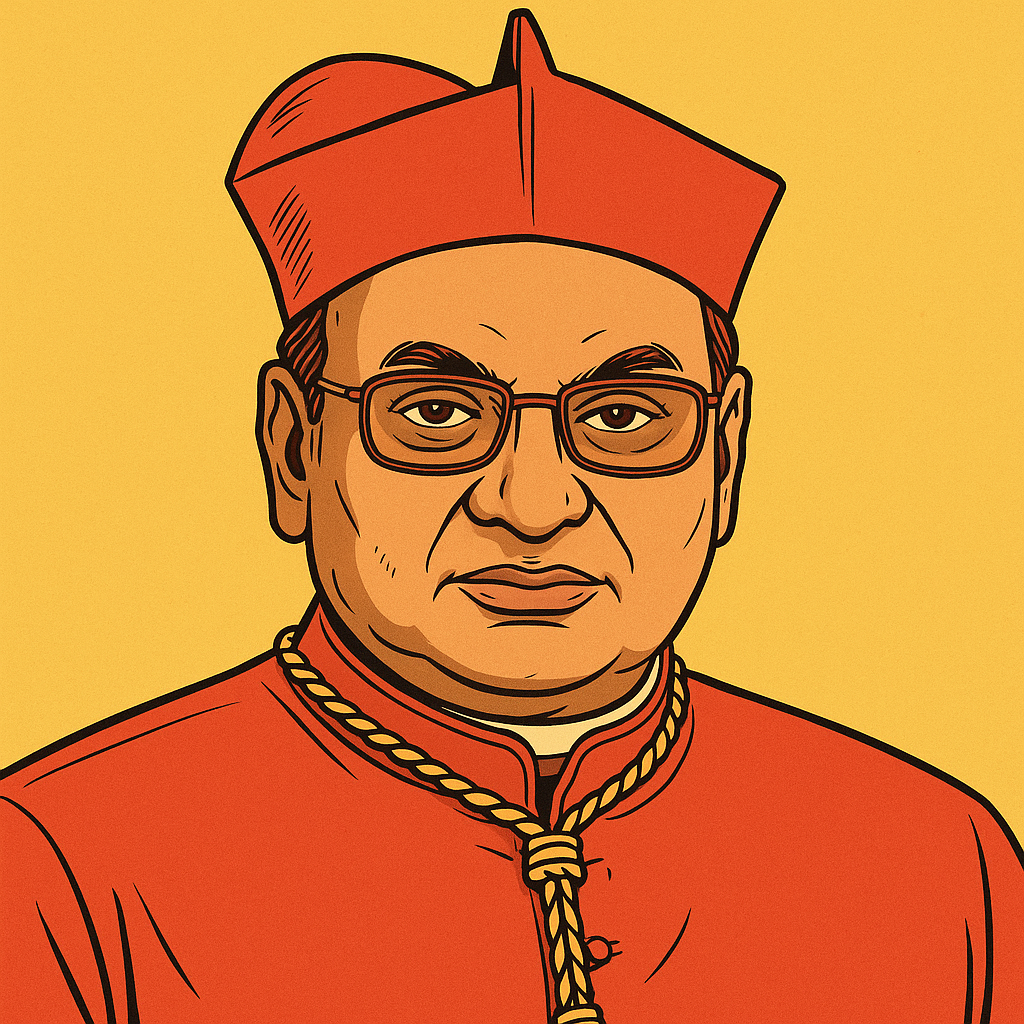
Sri Lanka
age: 78
Sri Lankan cardinal with strong traditionalist positions, known for his attachment to traditional liturgy and defense of Catholic doctrine.
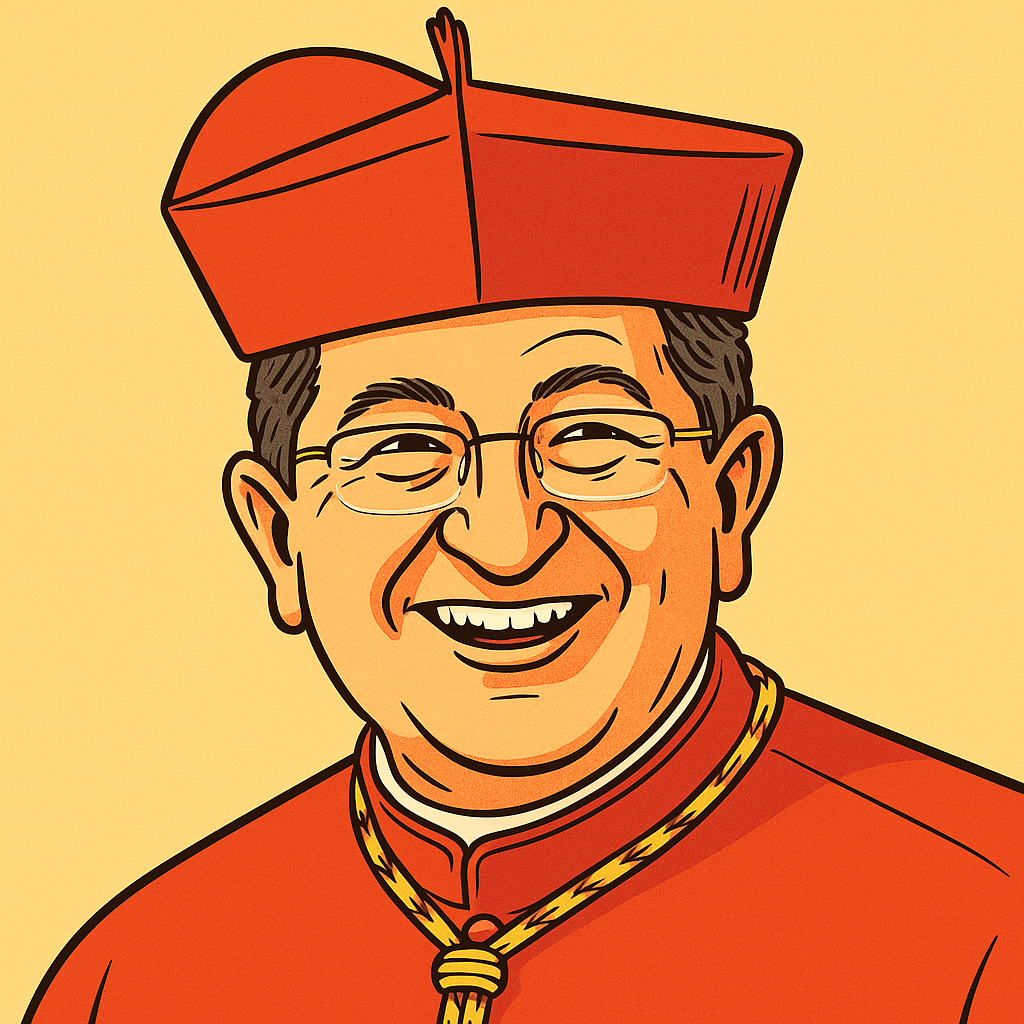
Italy
age: 78
Italian cardinal, Archbishop of Florence, known for his conservative doctrinal positions and intellectual work, while remaining engaged in pastoral dialogue.
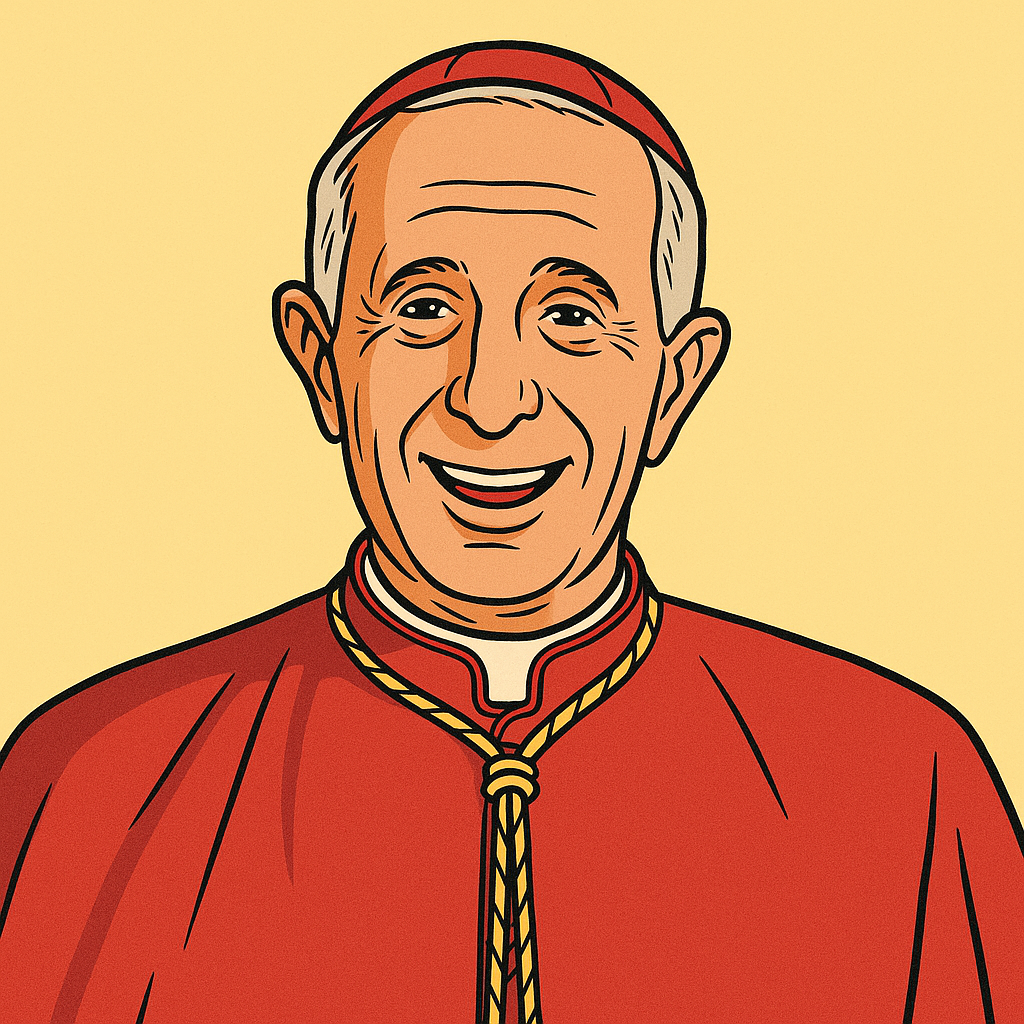
Argentina
age: 78
Argentine cardinal, Archbishop Emeritus of Buenos Aires, successor of Pope Francis in this diocese, known for his discreet profile and balanced administration between tradition and renewal.

Sri Lanka
Sri Lankan cardinal with strong traditionalist positions, known for his attachment to traditional liturgy and defense of Catholic doctrine.
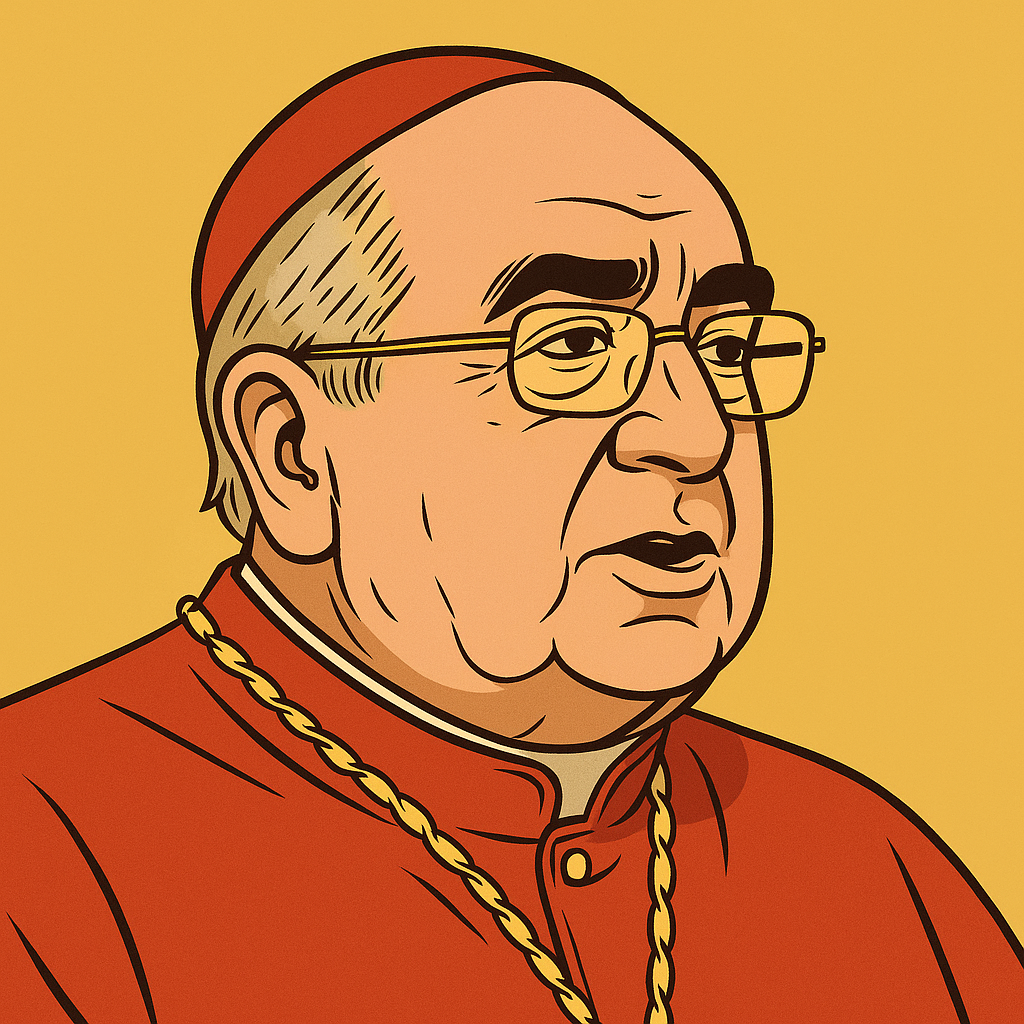
Poland
Polish cardinal, Archpriest of the Basilica of Saint Mary Major, known for his conservative positions and experience in lay ministry, in the tradition of John Paul II.
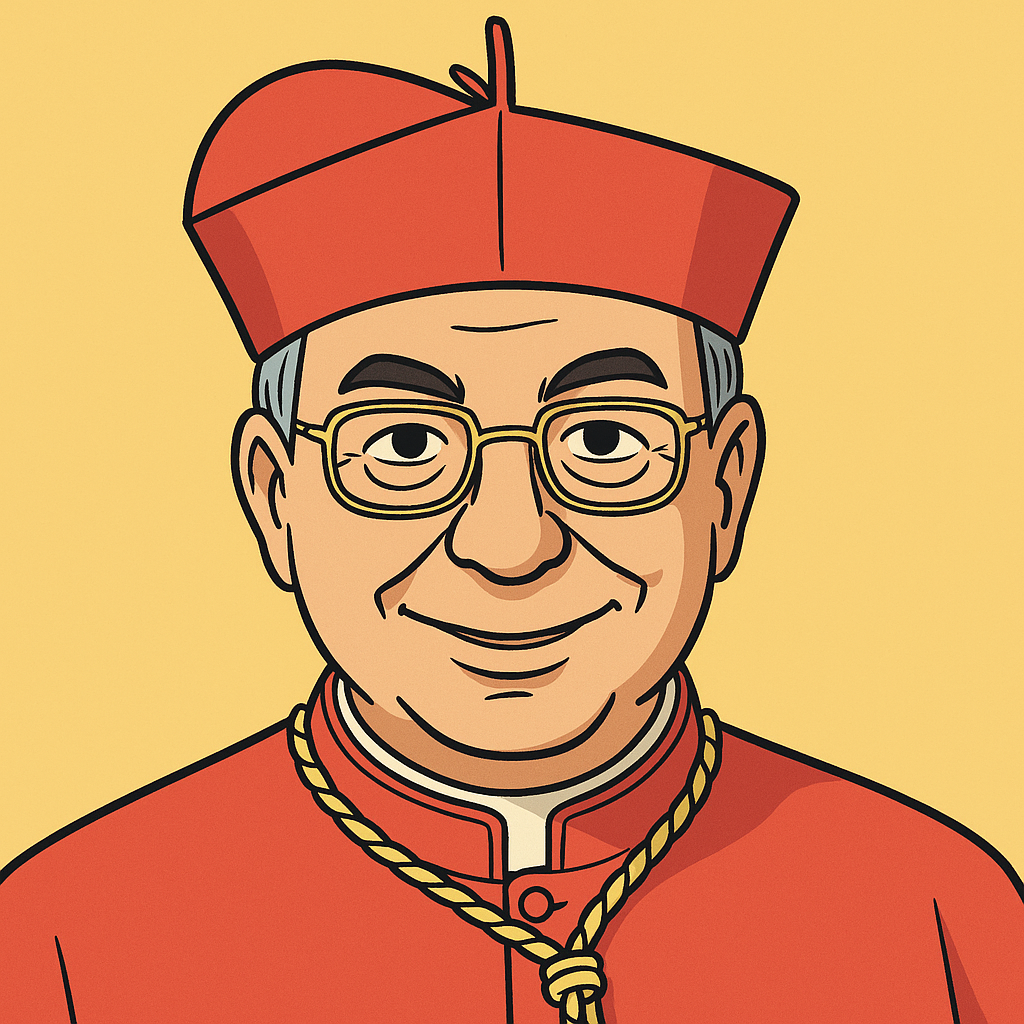
France
French cardinal, Prefect of the Supreme Tribunal of the Apostolic Signatura, known for his legal expertise and traditional doctrinal positions.

Poland
Polish cardinal, Archpriest of the Basilica of Saint Mary Major, known for his conservative positions and experience in lay ministry, in the tradition of John Paul II.

France
French cardinal, Prefect of the Supreme Tribunal of the Apostolic Signatura, known for his legal expertise and traditional doctrinal positions.

Germany
German cardinal, Archbishop of Cologne, known for his conservative positions and controversial leadership, particularly in handling sexual abuse and his opposition to certain reforms.

Sri Lanka
Sri Lankan cardinal with strong traditionalist positions, known for his attachment to traditional liturgy and defense of Catholic doctrine.

Netherlands
Dutch cardinal, Archbishop of Utrecht, physician and bioethicist, known for his very conservative positions on bioethical and moral issues, and his defense of traditional doctrine.

France
French cardinal, Prefect of the Supreme Tribunal of the Apostolic Signatura, known for his legal expertise and traditional doctrinal positions.
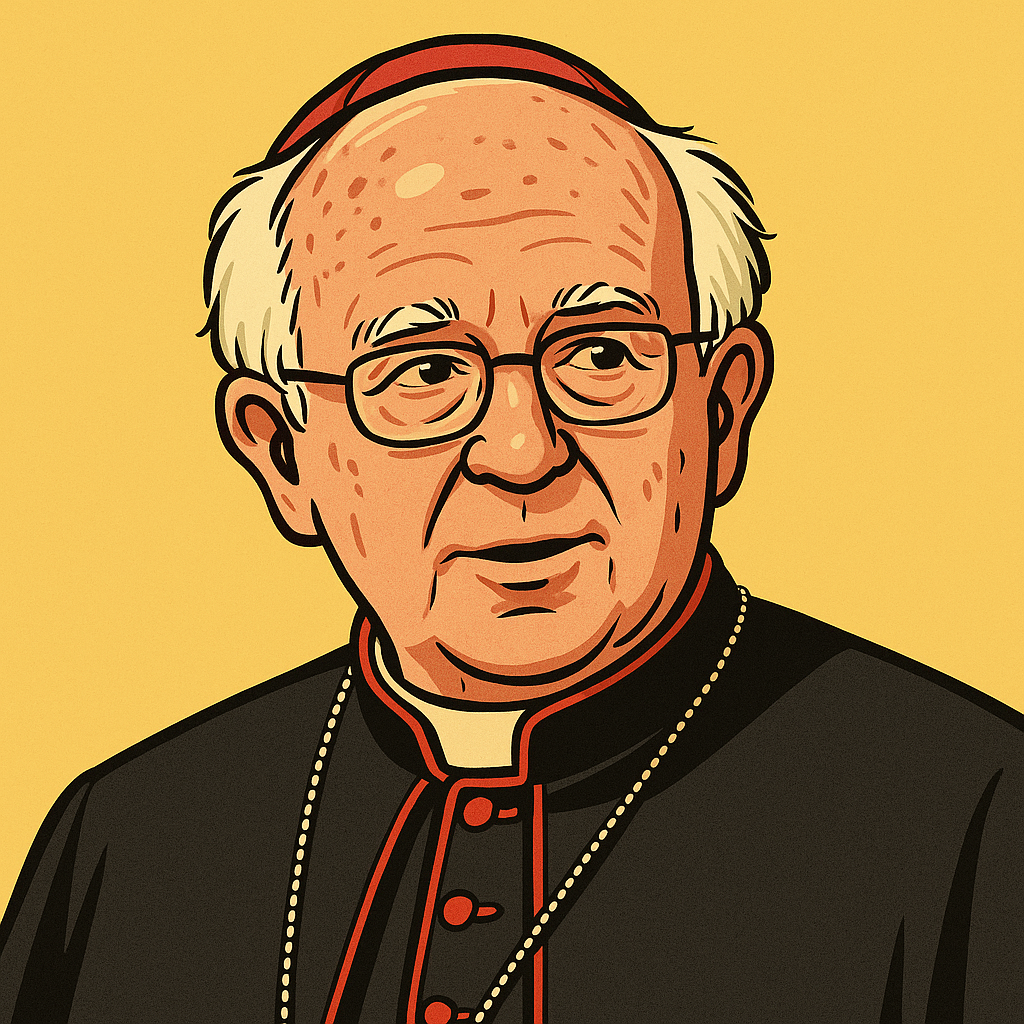
Spain
Spanish cardinal who is very conservative, nicknamed "the little Ratzinger," known for his traditionalist positions on liturgy and morality, and his vigorous defense of Catholic doctrine.

Sri Lanka
Sri Lankan cardinal with strong traditionalist positions, known for his attachment to traditional liturgy and defense of Catholic doctrine.

Netherlands
Dutch cardinal, Archbishop of Utrecht, physician and bioethicist, known for his very conservative positions on bioethical and moral issues, and his defense of traditional doctrine.
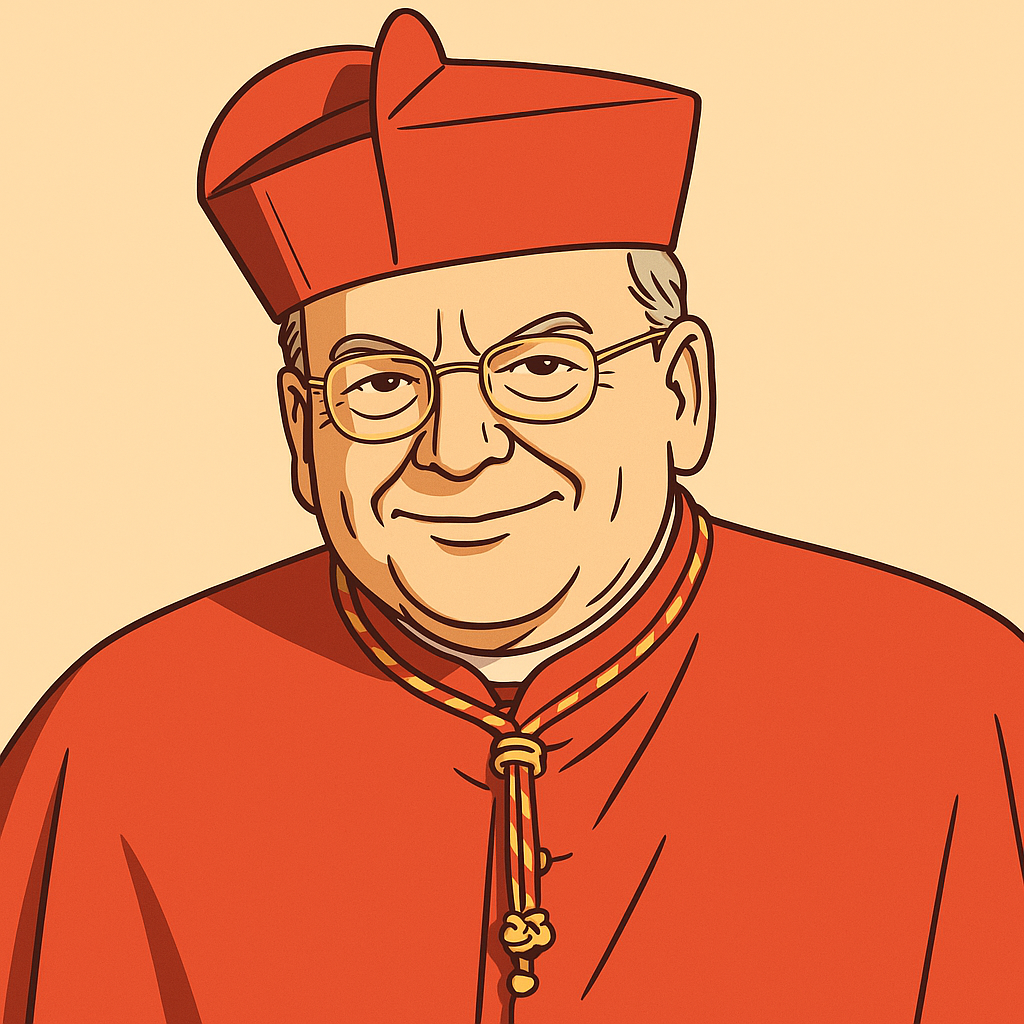
United States
American cardinal, patron of the Order of Malta, known for his very conservative positions on liturgy and doctrine, and his open opposition to certain orientations of Pope Francis' pontificate.

Guinea
Guinean cardinal, former prefect of the Dicastery for Divine Worship, known for his very conservative positions on liturgy and doctrine, and his deep attachment to Catholic tradition.
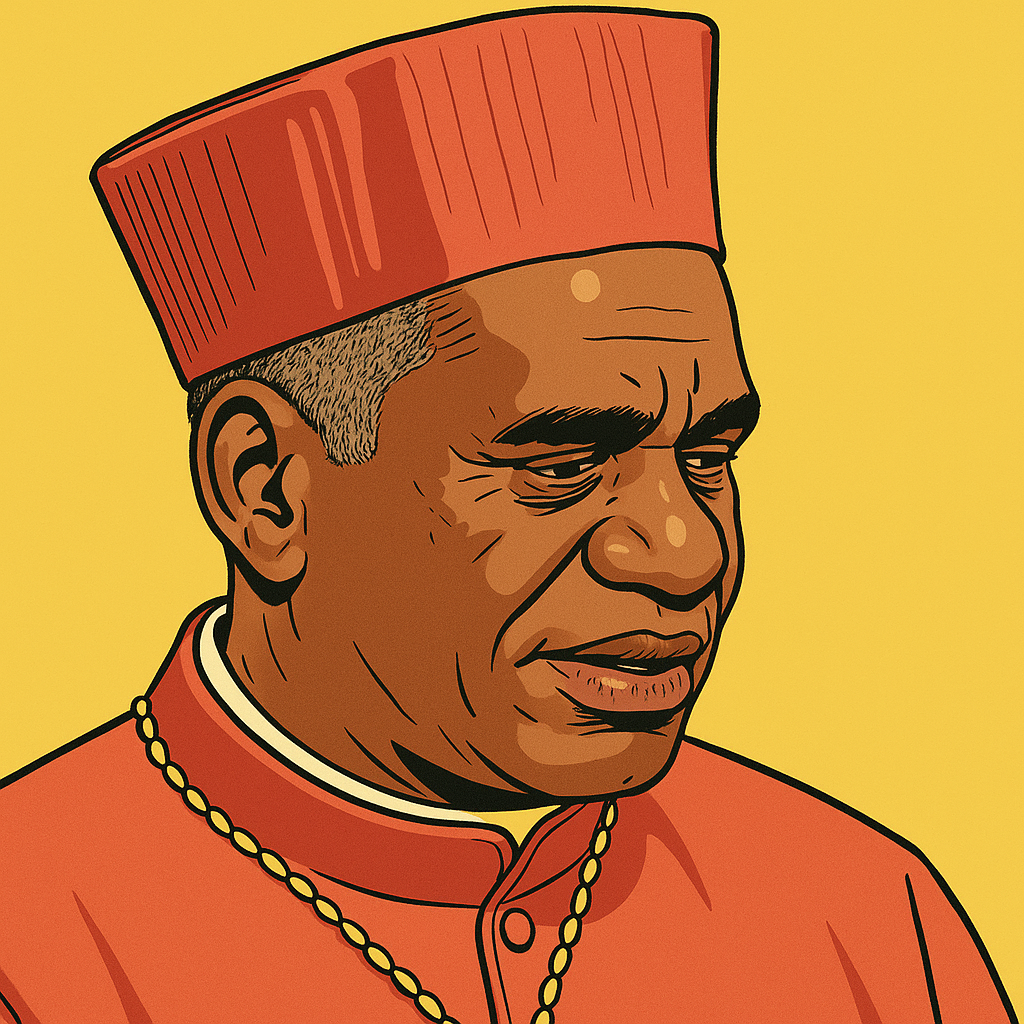
Madagascar
Malagasy cardinal, known for his traditionalist positions, his attachment to classical liturgy, and his vigorous defense of Catholic moral doctrine.

United States
American cardinal, patron of the Order of Malta, known for his very conservative positions on liturgy and doctrine, and his open opposition to certain orientations of Pope Francis' pontificate.

Guinea
Guinean cardinal, former prefect of the Dicastery for Divine Worship, known for his very conservative positions on liturgy and doctrine, and his deep attachment to Catholic tradition.

Spain
Spanish cardinal who is very conservative, nicknamed "the little Ratzinger," known for his traditionalist positions on liturgy and morality, and his vigorous defense of Catholic doctrine.